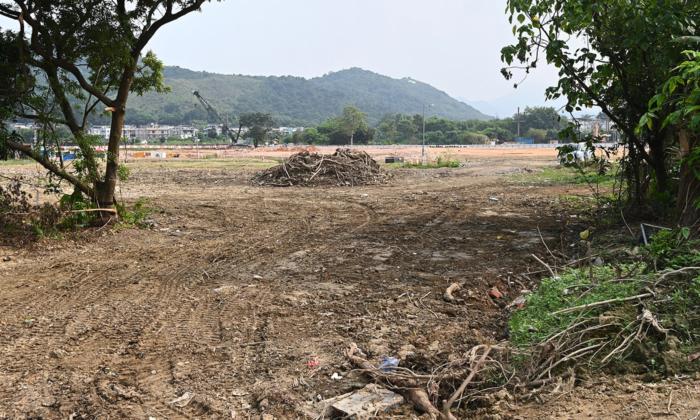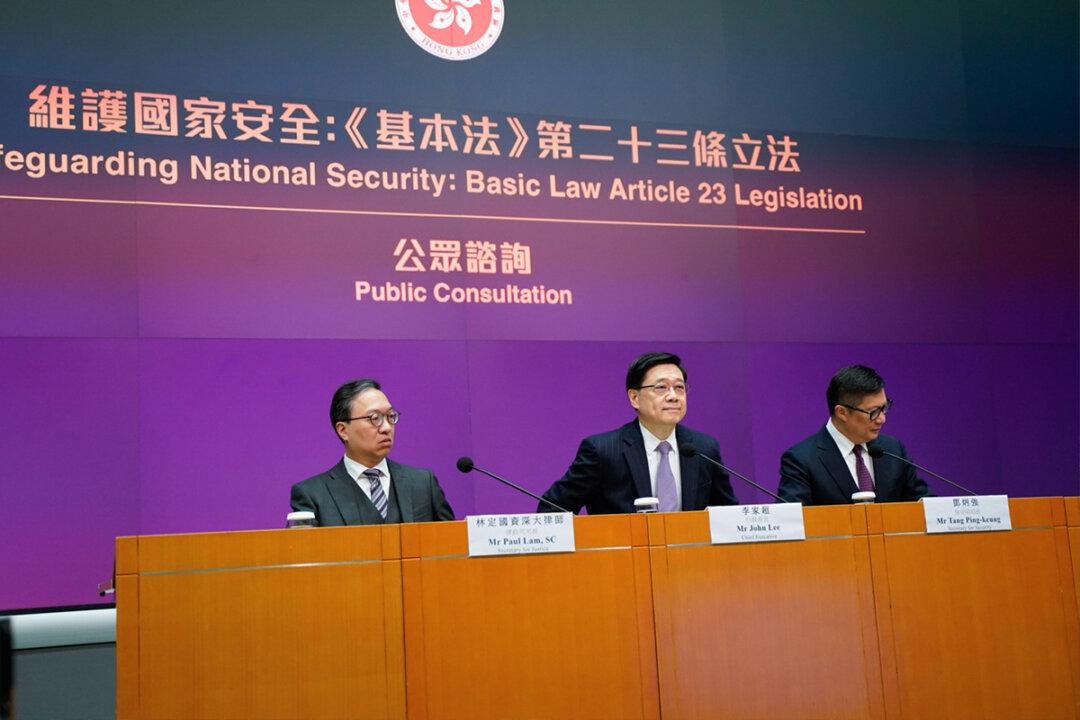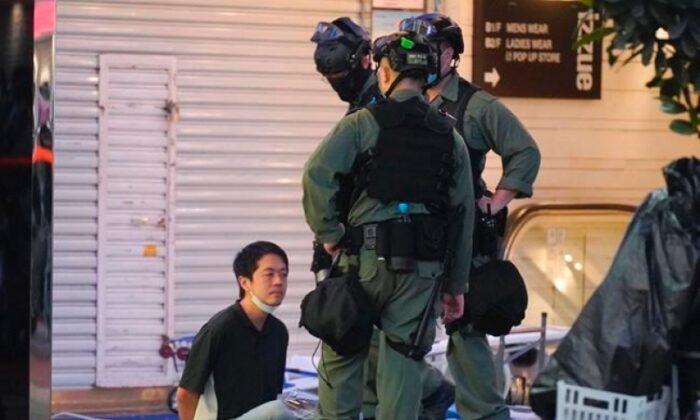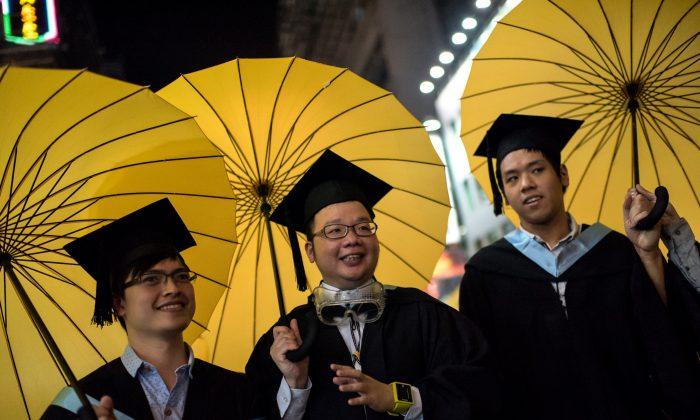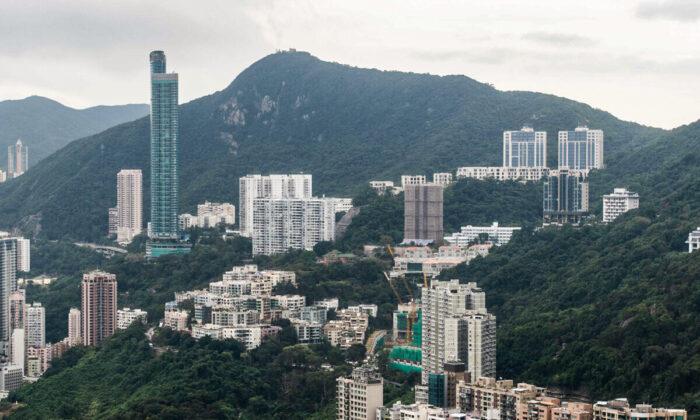Wen Wei Po, a CCP mouthpiece in Hong Kong, published on July 10 an interview with Tse Chin-wan, Secretary for Environment and Ecology, in which Tse talked about a “national security loophole” and accused unnamed local environmental groups of “disregarding the law” in the past and they may have used funds for causes disapproved of by the government.
According to Tse, “environmental protection” issues seem to be everyone’s concern but can be “very subjective” and tend to always call for “endless pursuits.” In his view, such topics can easily be “hyped” or “even used as anti-government excuses.”
His department, therefore, has revised the procedure for “Environment and Conservation Fund (ECF)” applications, and groups seeking funding would now be required to sign a declaration promising to “abide by Hong Kong laws and the National Security Law,” they would also be required to list KPIs (key performance indicators), for the government’s on-going assessment.
According to the ECF website, the documents required for funding applications for Environmental Research, Technology Demonstration, and Conference Projects include a “Confirmation of Agreement on Safeguarding National Security.”
The Confirmation requires the applicant to agree to some terms and conditions, including that the Hong Kong government has the right to cancel the application on the grounds that the applicant organization had engaged in the past, is engaging or participating in acts or activities that would constitute “crimes against national security,” or to disqualify the applicant from applying for ECF in the future.
Even if an application has been approved, the authorities may withdraw or revoke the approval if they believe that the applicant organization had engaged in the past or is engaging in acts or activities that may endanger national security.
Public Comments On Social Media
Tse’s remarks attracted sarcastic responses on social media. “This guy ...... can link everything, big and small, to anti-government sentiment.” “His (Tse’s) intention is to get rid of all NGOs, so nobody would oppose any of the policies that violate environmental protection regulations.”In response to his “too subjective” and “anti-government” theory, one response pointed out that “all issues can be viewed this way” and gave examples that “cleanness of the streets is always subjective and could be pursued endlessly, so it could easily be hyped and used as an anti-government excuse,” “building quality could also be an endless pursuit and is also very subjective, it too could easily be hyped and used as another anti-government excuse.”
“Subjective? ... What else could be more subjective than the National Security Law?” one response exclaimed. “Funny a government without KPIs itself dares ask others to provide KPIs,” another response.
NSL Provisions Added to Everything
Since the implementation of the Hong Kong National Security Law (NSL) on June 30, 2020, many government departments have had to include “national security” related clauses in various documents and regulations.In September 2021, the Social Welfare Department incorporated “NSL” related criteria into its “Service Quality Standards (SQS),” requiring subsidized NGOs to have “a good command of the NSL” and put policies and procedures in place to ensure service units and employees abide by it.
Last August, the government revised its “Stores and Procurement Regulations” to add NSL-related requirements applicable to all types and forms of government procurement. The Lands Department promptly added similar clauses to all land sales documents and short-term lease tenders.
Last October, it was revealed that public libraries had inserted criteria for accepting entries into the “Chinese Poetry Writing Competition” and the “4.23 World Book Day Creative Competition” that they must not “violate the NSL,” or “be conducive to national security.”
In November last year, when bidding started for the government land sale in Kai Tak, news broke that a clause was found in the land sale documents stating the government has the right to disqualify a bidder on the grounds that “the bidder or its parent company had participated in the past or is participating in activities that may endanger national security.”
“District Services & Community Care Teams” (DSCC Team) is a new local organization suggested by Chief Executive John Lee Ka-chiu in his 2022 policy address. In December, when the Home Affairs Department started to implement DSCC teams, the application form clearly stated the applying organization must sign a declaration confirming that its employees, members, volunteers, and so on, had not in the past, nor in the process of, any acts in breach of the NSL. It is also necessary for the applying organization to declare whether it had ever been in contact with foreign political organizations or Taiwan political groups, and whether it had ever held any national affairs activities.
In April, the Social Welfare Department even added “national security” related clauses into its “Flag Day (traditional Saturday morning fundraising by approved charity organizations) Application” instructions, expressly stipulating that the funds raised during flag sales cannot be used to engage in any behavior or support any activities that are harmful to ”national security.”
Finally, in June, the requirement of “safeguarding national security” was added to the “Guidelines on Procurement Procedures in Aided Schools,” instructing schools to include specific clauses in their quotation requests or bidding documents, to the effect that when a contractor is found to have engaged in the past, is engaging or is reasonably believed to have engaged or will be engaging in acts or activities that are likely to constitute offenses that “endanger national security,” the school can disqualify the supplier and terminate the relevant contract.
